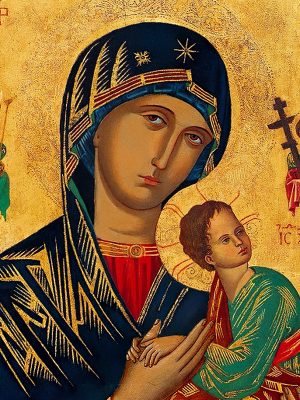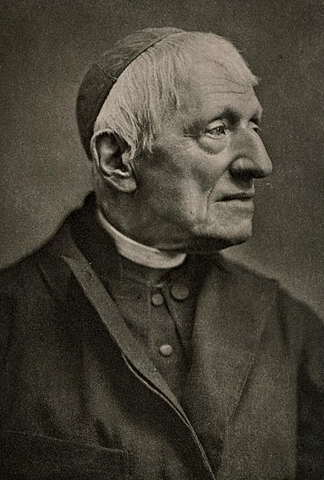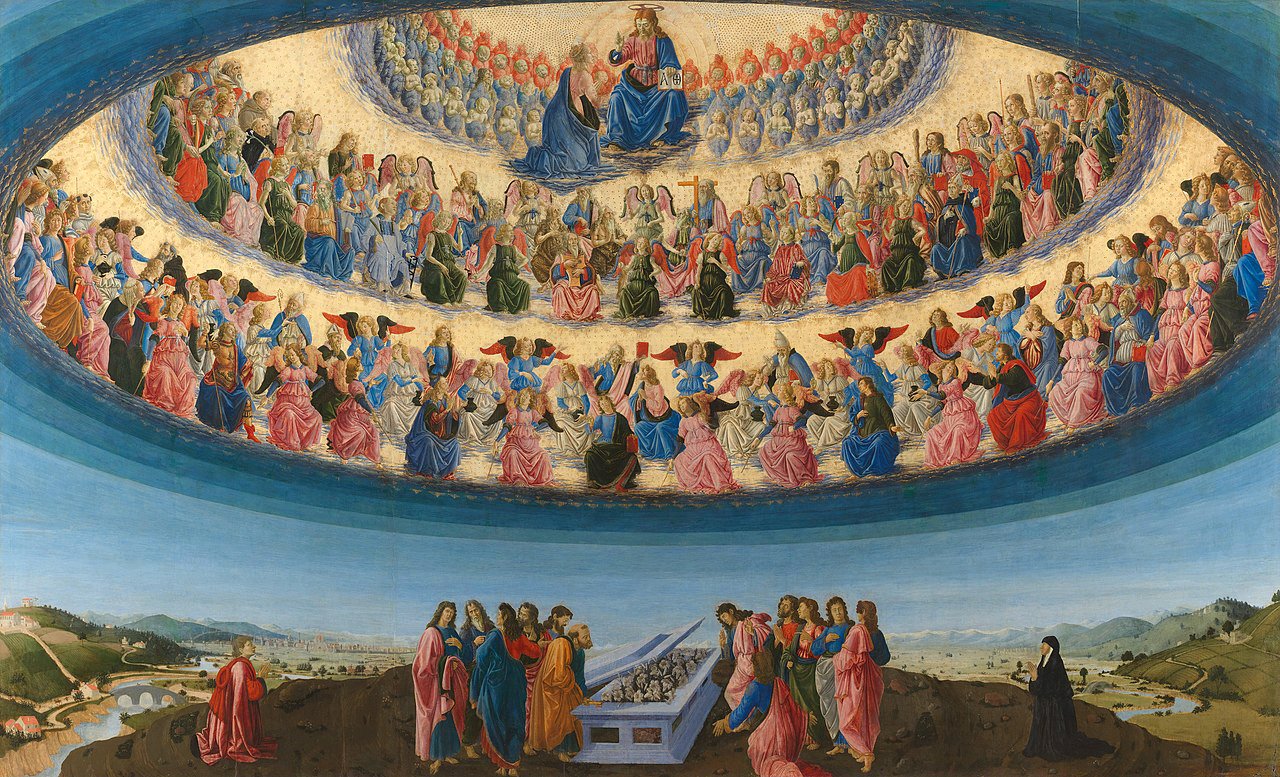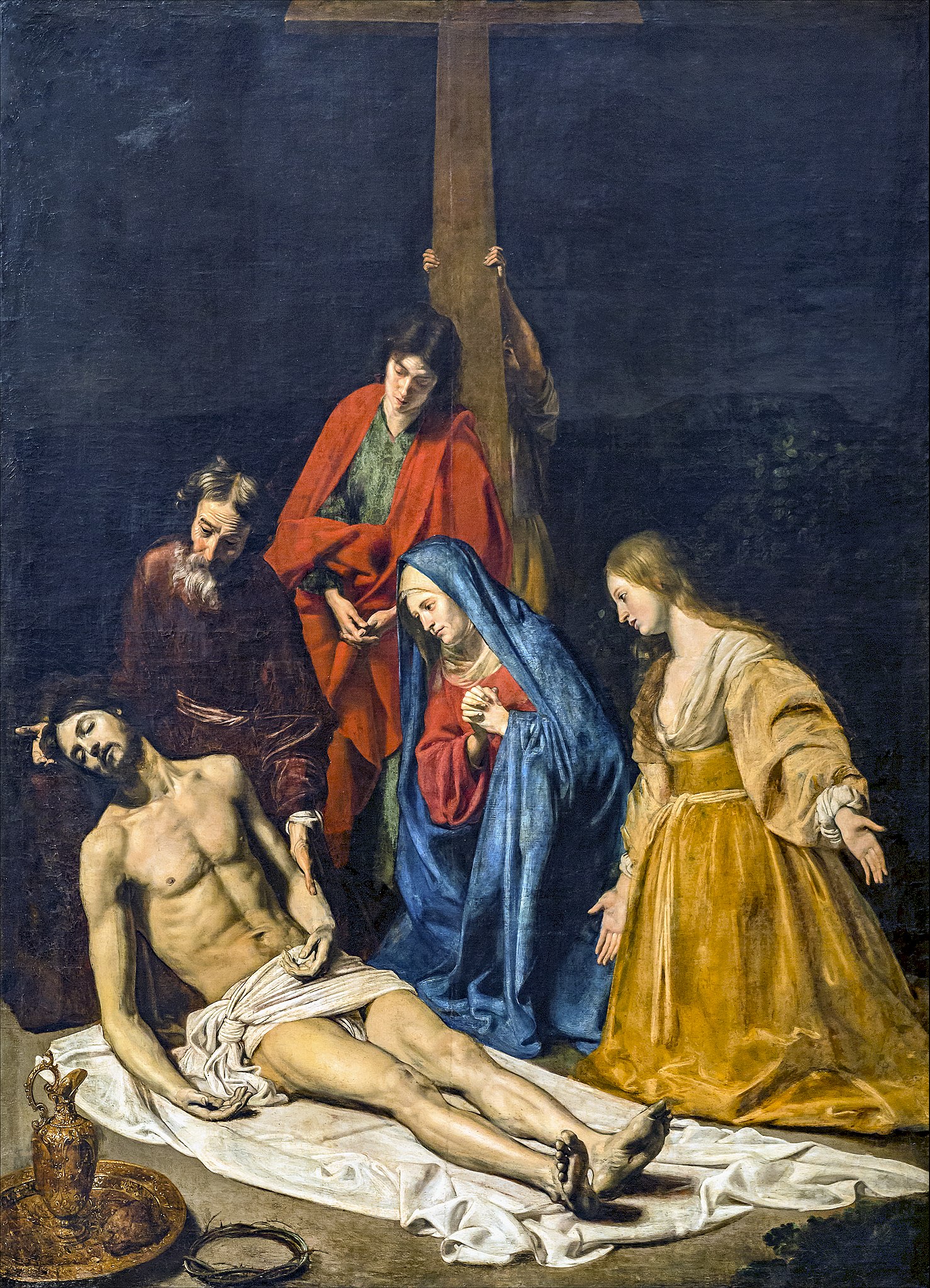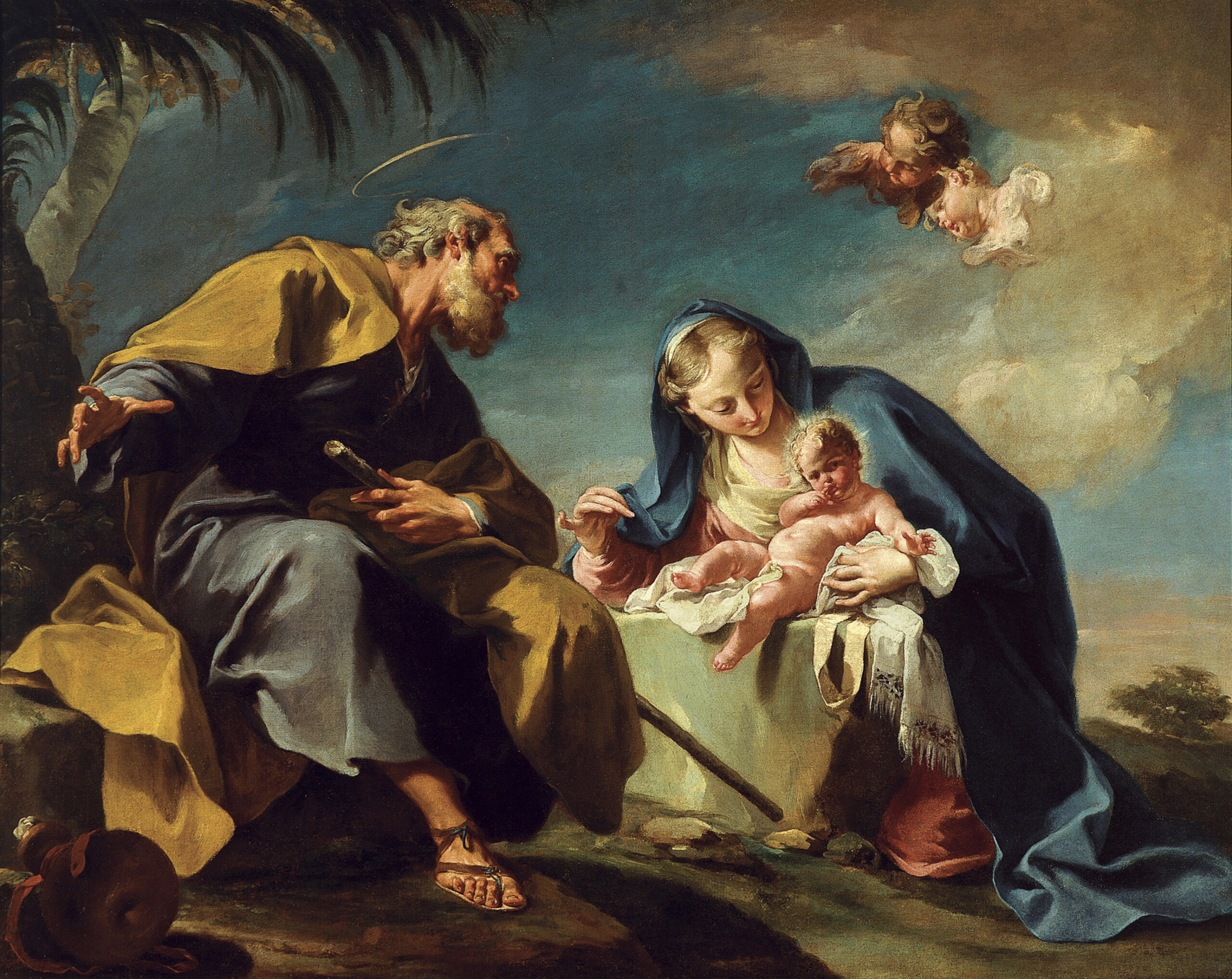St. John Henry Newman is most well-known for his conversion from Anglicanism to the Catholic Church. Surprisingly, Newman held a deep devotion to the Blessed Mother even as a Protestant, and it was ultimately this Marian love that drew him home to the Church.
Source Of Grace
Certain statements may be true, under circumstances and in a particular time and place, which are abstractedly false; and hence it may be very unfair in a controversialist to interpret by an English or a modern rule, whatever may have been asserted by a foreign or medieval author. To say, for instance, dogmatically, that no one can be saved without personal devotion to the Blessed Virgin, would be an untenable proposition; yet it might be true of this man or that, or of this or that country at this or that date; and, if that very statement has ever been made by any writer of consideration (and this has to be ascertained), then perhaps it was made precisely under these exceptional circumstances. If an Italian preacher made it, I should feel no disposition to doubt him, at least if he spoke of Italian youths and Italian maidens. But now, as to the fact, by whom is it said that to pray to our Lady and the Saints is necessary to salvation? The proposition of St. Alphonsus is, that “God gives no grace except through Mary;” that is through her intercession. But intercession is one thing, devotion is another. And Suarez says, “It is the universal sentiment that the intercession of Mary is not only useful, but also in a certain manner necessary;” but still it is the question of her intercession, not of our invocation of her, not of devotion to her. If it were so, no Protestant could be saved; if it were so, there would be grave reasons for doubting of the salvation of St. Chrysostom or St. Athanasius, or of the primitive Martyrs; nay, I should like to know whether St. Augustine, in all his voluminous writings, directly invokes her once.
Our Lord died for those heathens who did not know Him, and His Mother intercedes for those Christians who do not know her, and she intercedes according to His will. When He wills to save a particular soul, she at once prays for it. I say, He wills indeed according to her prayer, but then she prays according to His will. Although, then it is natural and prudent for those to have recourse to her, who from the Church’s teaching know her power, yet it cannot be said that devotion to her is a sine-quâ-non of salvation. Some indeed of the authors, whom you quote, go farther. They do speak of devotion, but even then, they do not enunciate the general proposition which I have been disallowing. For instance, they say, “It is morally impossible for those to be saved who neglect the devotion to the Blessed Virgin;” but a simple omission is one thing, and neglect another. “It is impossible for any to be saved who turns away from her,” yes; but to “turn away” is to offer some positive disrespect or insult towards her, and that with sufficient knowledge; and I certainly think it would be a very grave act, if in a Catholic country (and of such the writers were speaking, for they knew of no other), with Ave-Marias sounding in the air, and images of the Madonna in every street and road, a Catholic broke off or gave up a practice that was universal, and in which he was brought up, and deliberately put her name out of his thoughts.
Mary’s Protective Mantle
Intercession is a first principle of the Church’s life; next, the vital force of that intercession, as an availing power, is, (according to the will of God), sanctity. This seems to be suggested by a passage of St. Paul, in which the Supreme Intercessor is said to be the Spirit:— “the Spirit Himself makes intercession for us; He makes intercession for the saints according to God.” And, indeed, the truth thus implied, is expressly brought out for us in other parts of Scripture, in the form both of doctrine and of example. The words of the man born blind speak the common-sense of nature:—“if any man be a worshiper of God, him He heareth.” And Apostles confirm them:—“the prayer of a just man availeth much,” and “whatever we ask, we receive, because we keep his commandments.”
Then, as for examples, we read of the Almighty’s revealing to Abraham and Moses beforehand, His purposes of wrath, in order that by their intercessions they might avert its execution. To the friends of Job it was said, “My servant Job shall pray for you; his face I will accept.” Elijah by his prayer shut and opened the heavens. Elsewhere we read of “Jeremias, Moses, and Samuel;” and of “Noah, Daniel, and Job,” as being great mediators between God and His people. One instance is given us, which testifies the continuance of this high office beyond this life. Lazarus, in the parable, is seen in Abraham’s bosom. It is usual to pass over this striking passage with the remark that it is a Jewish mode of speech; whereas, Jewish belief or not, it is recognized and sanctioned by our Lord Himself. What do Catholics teach about the Blessed Virgin more wonderful than this? If Abraham, not yet ascended on high, had charge of Lazarus, what offense is it to affirm the like of her, who was not merely as Abraham, “the friend,” but was the very “Mother of God”?
It may be added, that, if sanctity was wanting, there could be no influence with our Lord, nor could one be one of His company. Still, as the Gospel shows, He on various occasions actually did allow those who were near Him to be the channels of introducing supplicants to Him or of gaining miracles from Him, as in the instance of the miracle of the loaves. If on one occasion, He seems to repel His Mother, when she told Him that wine was wanting for the guests at the marriage feast, it is obvious to remark on it, that, by saying that she was then separated from Him (“What have I to do with thee?”) because His hour was not yet come, He implied, that when that hour was come, such separation would be at an end.
Moreover, in fact He did at her intercession work the miracle to which her words pointed.
I consider it impossible then, for those who believe the Church to be one vast body in heaven and on earth, in which every holy creature of God has his place, and of which prayer is the life, when once they recognize the sanctity and dignity of the Blessed Virgin, not to perceive immediately, that her office above is one of perpetual intercession for the faithful militant, and that our very relation to her must be that of clients to a patron, and that, in the eternal enmity which exists between the woman and the serpent, while the serpent’s strength lies in being the Tempter, the weapon of the Second Eve and Mother of God is prayer.
ooo
This article is taken from a chapter in Meditations on Mary, Our Mother by St. John Henry Cardinal Newman which is available from TAN Books.


